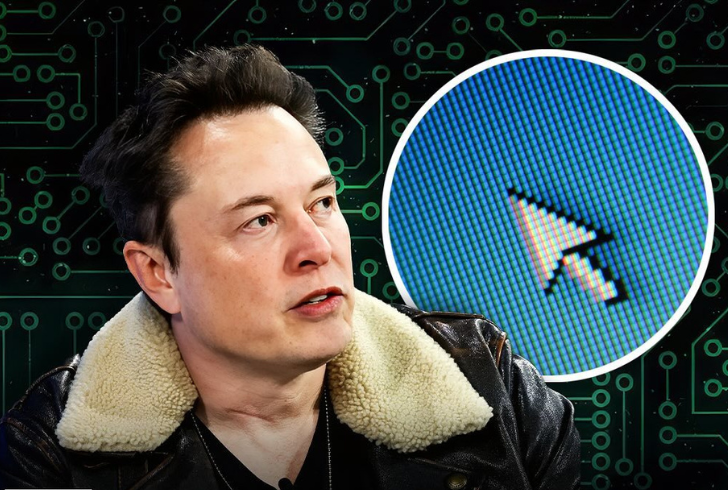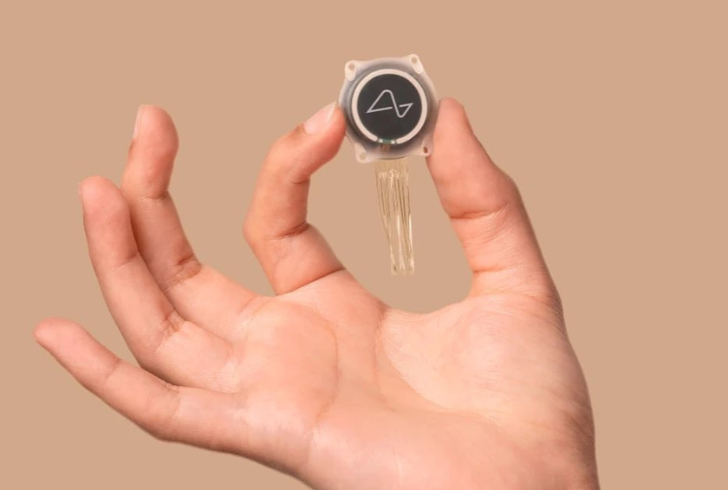The first person to receive an experimental brain implant from Elon Musk’s neurotechnology company Neuralink is using it to control a computer mouse with just their thoughts, according to the billionaire entrepreneur.
Mr. Musk announced last month that Neuralink had successfully implanted its first brain-computer interface chip into a human volunteer. While details of the recipient and procedure remain scarce, Musk revealed that the chip was surgically inserted by a robot surgeon. The company had been looking for a participant with quadriplegia to take part in an early stage trial.

Instagram | blackhatmotivation | Last month, Musk announced Neuralink’s first successful brain-computer interface implant in a human.
New Progress Reported
In a recent Twitter Spaces audio chat, Musk provided an update on the recipient’s progress. He reported that the implant user appears to be doing well with no noticeable ill effects. Most excitingly, the individual has achieved the ability to move a computer mouse cursor around a screen simply by thinking intentional thoughts.
According to Musk, “The patient seems to have made a recovery with no ill effects that we’re aware of and is able to control the mouse, move the mouse around the screen just by thinking.” This early success represents a major milestone for Neuralink and brain-computer interface technology. The ability to control digital devices purely by thought could one day transform life for people with paralysis and other disabilities restricting movement.
Moving Beyond Clicking

Instagram | wasted | Musk said Neuralink is developing more advanced thought-powered commands than basic mouse clicks.
Musk stated that Neuralink’s team is now focused on developing more complex thought-powered commands beyond basic mouse clicks. “We’re trying to get as many button presses as possible from thinking. So that’s what we’re currently working on is: can you get left mouse, right mouse, mouse down, mouse up.”
“We want to have more than just two buttons,” he added, implying their goal is to enable users to control a wide range of digital functions just by thinking.
Long Development Process
Neuralink first unveiled its brain implant concept in 2019. The rice-sized device features hair-thin flexible threads containing over 3,000 electrodes designed to detect neurological signals linked to intent and movement. It aims to connect the brain directly to computers without requiring invasive open brain surgery.
The company received U.S. regulatory approval to begin human trials in 2020. Musk has stated the interface is called “Telepathy” and could one day treat neurological conditions like paralysis, depression, and autism. But, many specific details about the ongoing study remain closely guarded.
Controversy Over Safety

Instagram | nonstop.archived | Some scientists are worried about the safety of Neuralink’s fast-paced testing.
Some scientists have expressed concerns about the safety of Neuralink’s rapid testing pace. Last year, the company paid a fine to the U.S. Department of Transportation for violations involving the shipment of hazardous materials reportedly linked to its implant devices.
Yet, the latest update from Musk indicates the first human recipient has not experienced any negative health effects so far. While it’s still very early, the successful mouse-controlling demonstration marks a promising step toward the technology’s eventual goal – allowing people to control digital devices and potentially even regain mobility using just the power of thought.







